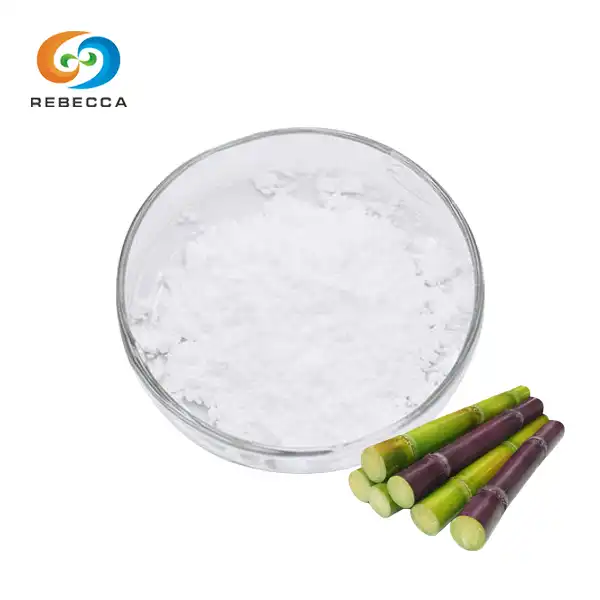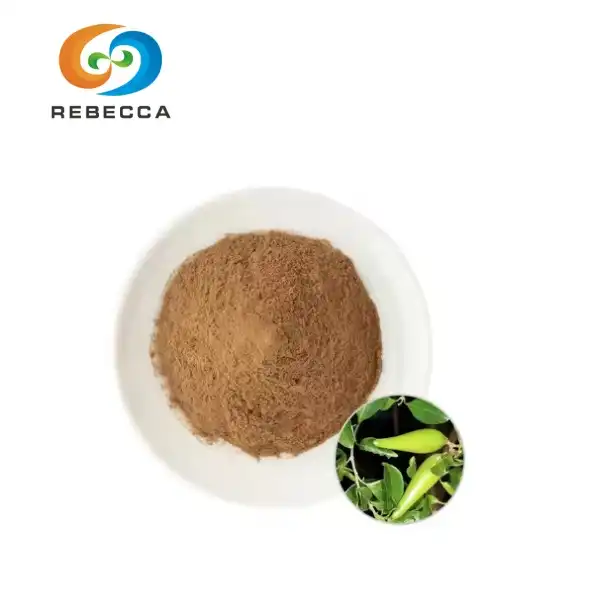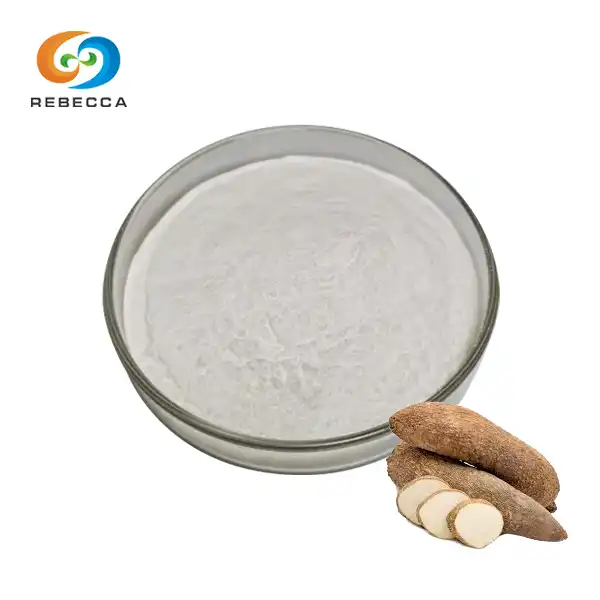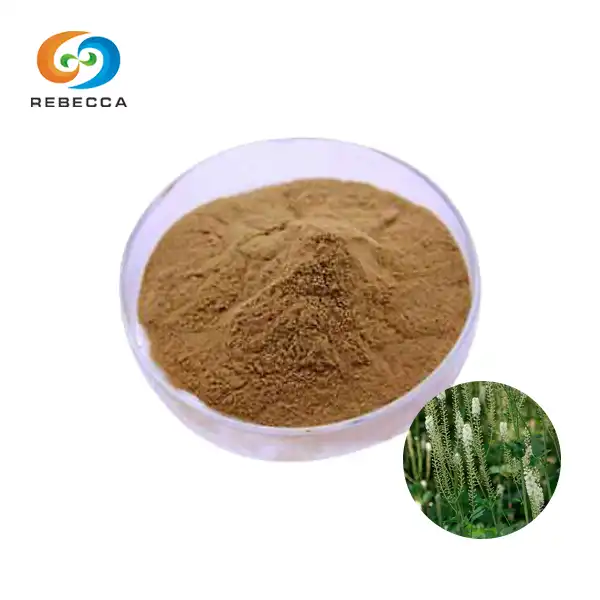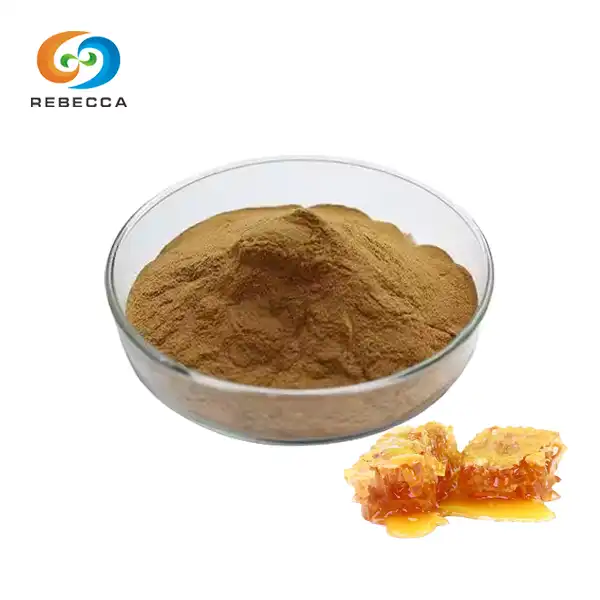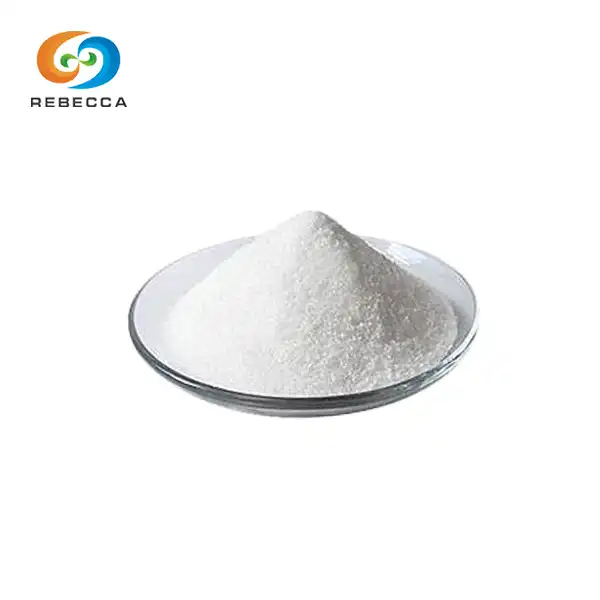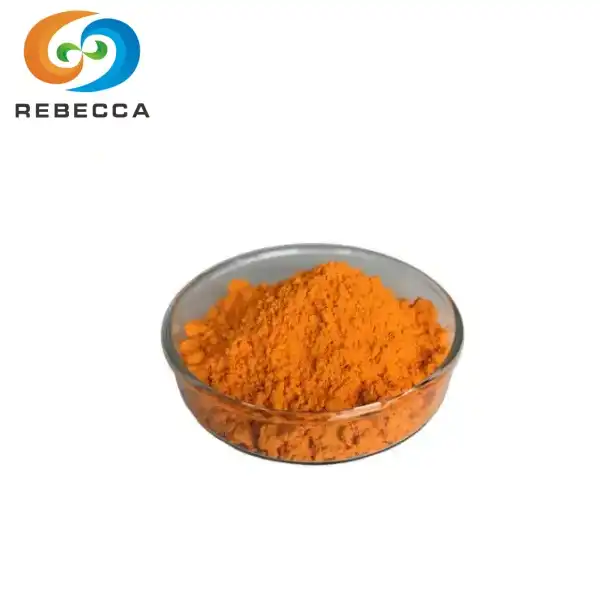What is micronized creatine vs creatine monohydrate?
In the field of sports nutrition, creatine is recognized as one of the highly effective ingredients and is widely used to improve athletic performance, promote muscle recovery, and growth. creatine monohydrate, as a "classic" of creatine products, has long been well known to the public; As a follow-up upgrade, micronized creatine has gradually become a popular choice in the market with its unique advantages. The core ingredient of the two is creatine, but there are significant differences in physical form, absorption efficiency, and taking experience, among other factors, and the selection needs to be accurately matched based on one's own needs.
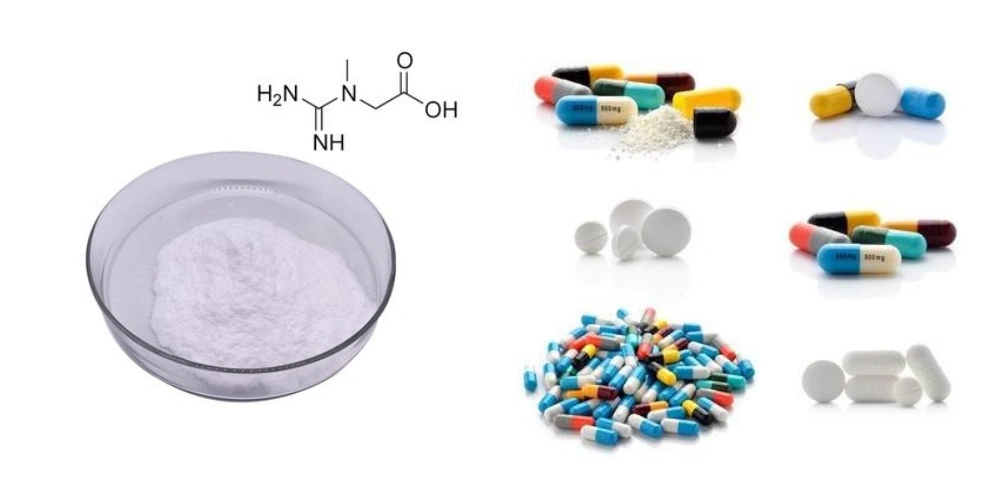
Basic cognition of creatine: from structure to physiological value
We need to define creatine and its reasoning behind it before we can grasp the distinction between the two forms of the supplement. You can get a little of the nitrogenous organic acid creatine in meals like meat and fish, but it also happens naturally in human muscle tissue. In terms of its physiological significance, it mostly aids in the performance and efficiency of muscle recovery after high-intensity, short-duration exercise (like sprinting or strength training) by providing quick energy support, increasing the number of muscle cells, and promoting protein synthesis.
1.1 The core mechanism of creatine
Upon entering the human body, creatine will react with phosphoric acid to form phosphocreatine, a crucial component for energy transport in muscle cells. Creatine phosphate has many uses during intense activity, including delaying the start of muscular tiredness, releasing energy rapidly, and replenishing ATP (adenosine triphosphate) use. Concurrently, creatine encourages muscle cells to retain more water, which in turn increases the cross-sectional area of muscles and sets the stage for their development. Furthermore, by controlling intracellular energy metabolism, creatine might lessen delayed muscle soreness and speed up the healing process following exercise-induced muscle injury.
1.2 Common forms of creatine
Because natural meals don't contain nearly enough creatine to satisfy athletes' demands, synthetic creatine supplements have exploded in popularity. Creatine monohydrate is the primary component of most commercially available creatine supplements today. From this, many forms are produced, including micronized creatine and creatine hydrochloride. Micronized creatine is the physical form, whereas creatine monohydrate is the most basic and fundamental synthetic form.
Differences in physical properties: the core difference between particle size and solubility
The essential difference between micronized creatine and creatine monohydrate stems from the physical processing process, which directly leads to the differences in key physical properties such as particle size and solubility between the two, and these differences are the root cause of the difference in subsequent absorption efficiency and taking experience.
2.1 Processing process: from original crystallization to micronization
The production process is relatively simple, and the creatine crystallization obtained through chemical synthesis can be dried and crushed to form conventional creatine monohydrate powder. Its original crystal particle size is large, usually around 100-200 microns, and the grain texture is relatively coarse. Micronized creatine is based on creatine monohydrate with the addition of a "micronized grinding" process. Its crystals are ultra-refined by professional equipment to reduce their particle size to less than 10 microns, and some high-quality products can even reach 1-5 microns. This ultra-refined processing does not change the chemical structure of creatine, only physically reducing the particle size to optimize its physical properties.
2.2 Solubility comparison: the core advantages of micronized creatine
One of the most intuitive distinctions between the two varieties of creatine is its solubility. Creatine monohydrate is susceptible to agglomeration and dissolves slowly in water as a result of its substantial particle size and robust intermolecular forces. The issue of insufficient dissolution is particularly apparent in low-temperature water or sports beverages, where certain undissolved particulates may adhere to the container's walls, thereby influencing the drinking experience. The contact area with solvents and dissolution speed are significantly enhanced by micronized creatine, which is characterized by its incredibly small particulate size.

Absorption and Bioavailability: The Key Logic of Efficiency Differences
The absorption process of the two forms of creatine in the body is directly influenced by the difference in physical properties, which is evident in bioavailability. Bioavailability is a fundamental metric for evaluating the efficacy of supplements, as it denotes the percentage of active constituents that are ingested by the body and exert an effect.
3.1 Distinctions in absorption processes: the initial site of absorption is determined by the rate of dissolution< /h3>
The gastrointestinal tract is the site of creatine assimilation, which is contingent upon its complete dissolution in digestive fluids. The gastrointestinal tract requires a prolonged time to fully dissolve creatine monohydrate due to its poor solubility. Therefore, some undissolved particles may persist in the intestine or be excreted directly from the body, resulting in a reduction in the amount that is actually absorbed. The absorption rate is accelerated by the larger contact area with the intestinal mucosa, which is facilitated by the rapid dissolution of micronized creatine, which rapidly forms a homogeneous solution in the gastrointestinal tract. In addition, the efficient entry of entirely dissolved creatine into the bloodstream through intestinal epithelial cells reduces waste in the intestine and enhances the utilization rate of active ingredients.
3.2 Empirical support for bioavailability
The bioavailability of micronized creatine is greater than that of conventional creatine monohydrate, as demonstrated by numerous studies. The absorption efficiency of the two types of creatine was compared in a study published in the Journal of Sports Nutrition and Exercise Metabolism. The results indicated that the micronized creatine group had higher peak blood creatine concentrations, a shorter peak time to peak, and a longer retention in the body after consuming the same dose of creatine monohydrate and micronized creatine. Practical applications illustrate this distinction: Muscle groups assimilate micronized creatine more rapidly.
Taking experience and tolerance: comparison of gastrointestinal reactions and convenience
In addition to the effect, taking experience and tolerance are also important considerations for users when choosing supplements, and micronized creatine also shows obvious advantages in this regard.
4.1 Differences in the incidence of gastrointestinal discomfort
Creatine may absorb water from the intestines when it is not entirely dissolved in the intestines, resulting in an increase in intestinal osmotic pressure. This condition can contribute to gastrointestinal distress, including bloating, diarrhea, and abdominal cramping. This condition is more prevalent when creatine monohydrate is consumed on an empty stomach or in higher dosages. The issue of excessive local concentration in the intestine and the fluctuation of intestinal osmotic pressure are substantially reduced by the complete dissolution of micronized creatine, thereby reducing the incidence of gastrointestinal distress. There is a milder alternative for individuals with a more sensitive gastrointestinal tract: micronized creatine.
4.2 Differences in the details of the convenience of taking
In addition to the convenience of brewing brought about by solubility, there are also differences in the suitability of the two in taking scenarios. Creatine monohydrate is easy to clump, so it needs to be stirred well during brewing, and it is more suitable for brewing with warm water to improve solubility; Micronized creatine does not need to be stirred for a long time, and can be quickly brewed with cold water, warm water and even sports drinks, which is more suitable for quick replenishment before and after exercise, and is suitable for a fast-paced sports life. In addition, the powder texture of micronized creatine is more delicate, and the taste is smoother after brewing, without the graininess that creatine monohydrate may have, which improves the overall taking experience.
For anyone eager to experience the advantages of creatine supplementation, Rebecca Bio-Tech brings an unmissable opportunity! Their pure creatine monohydrate powder is meticulously crafted to meet the strictest purity and quality standards, ensuring you maximize the value of your daily supplementation routine.
Choosing a supplement you'll take regularly is a key decision, and Rebecca Bio-Tech gets that. That's why they're offering free samples of their premium creatine monohydrate powder, letting you test its quality firsthand with zero commitment.
Designed to dissolve easily in water or your favorite beverage, this powder seamlessly fits into your daily routine, whether you're an athlete aiming to boost performance, a fitness enthusiast focused on muscle support, or someone exploring creatine's wellness benefits. Don't miss this chance to try a top-tier supplement risk-free.
To learn more about this offer or to request your free sample, you can contact Rebecca Bio-Tech directly at information@sxrebecca.com.
References
[1] Maughan R J, Burke L M, Dvorak J, et al. IOC consensus statement: dietary supplements and the high-performance athlete[J]. British Journal of Sports Medicine, 2018, 52(7): 439-455.
[2] Kerksick C M, Wilborn C D, Roberts M D, et al. ISSN exercise & sports nutrition review update: research & recommendations[J]. Journal of the International Society of Sports Nutrition, 2018, 15(1): 33.
[3] Buford T W, Kreider R B, Stout J R, et al. International Society of Sports Nutrition position stand: safety and efficacy of creatine supplementation in exercise, sport, and medicine[J]. Journal of the International Society of Sports Nutrition, 2007, 4(1): 6.
[4] Hultman E, Soderlund K, Timmons J A, et al. Muscle creatine loading in men[J]. Journal of Applied Physiology, 1996, 81(3): 1100-1106.
[5] Kreider R B. Effects of creatine supplementation on performance and training adaptations[J]. Molecular and Cellular Biochemistry, 2003, 244(1-2): 89-94.
